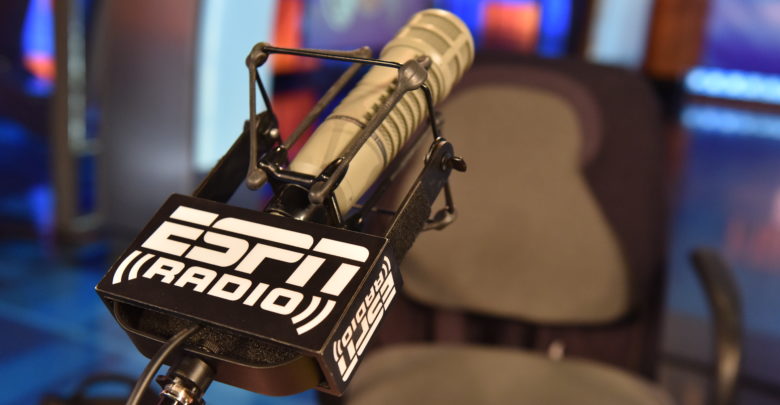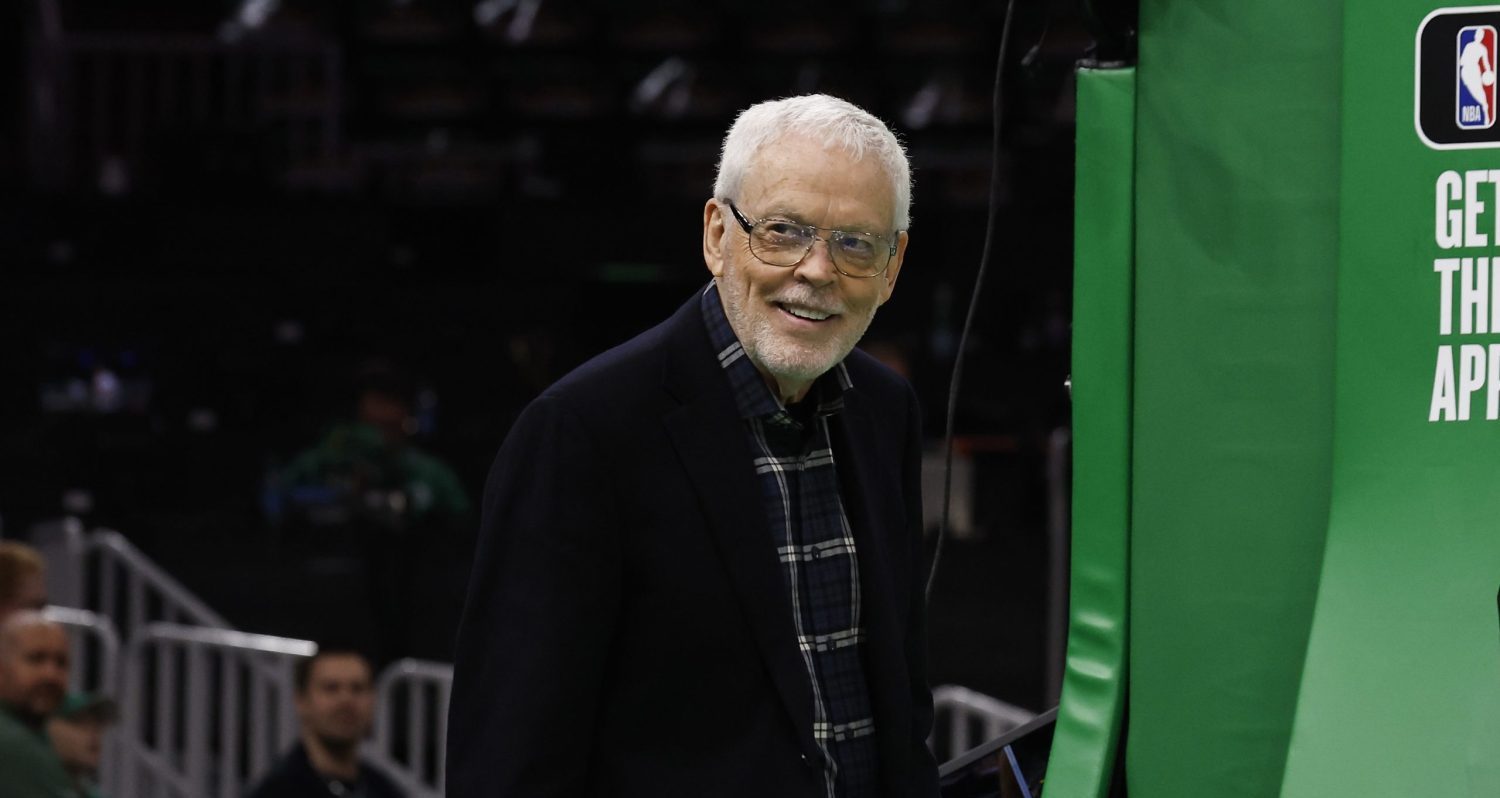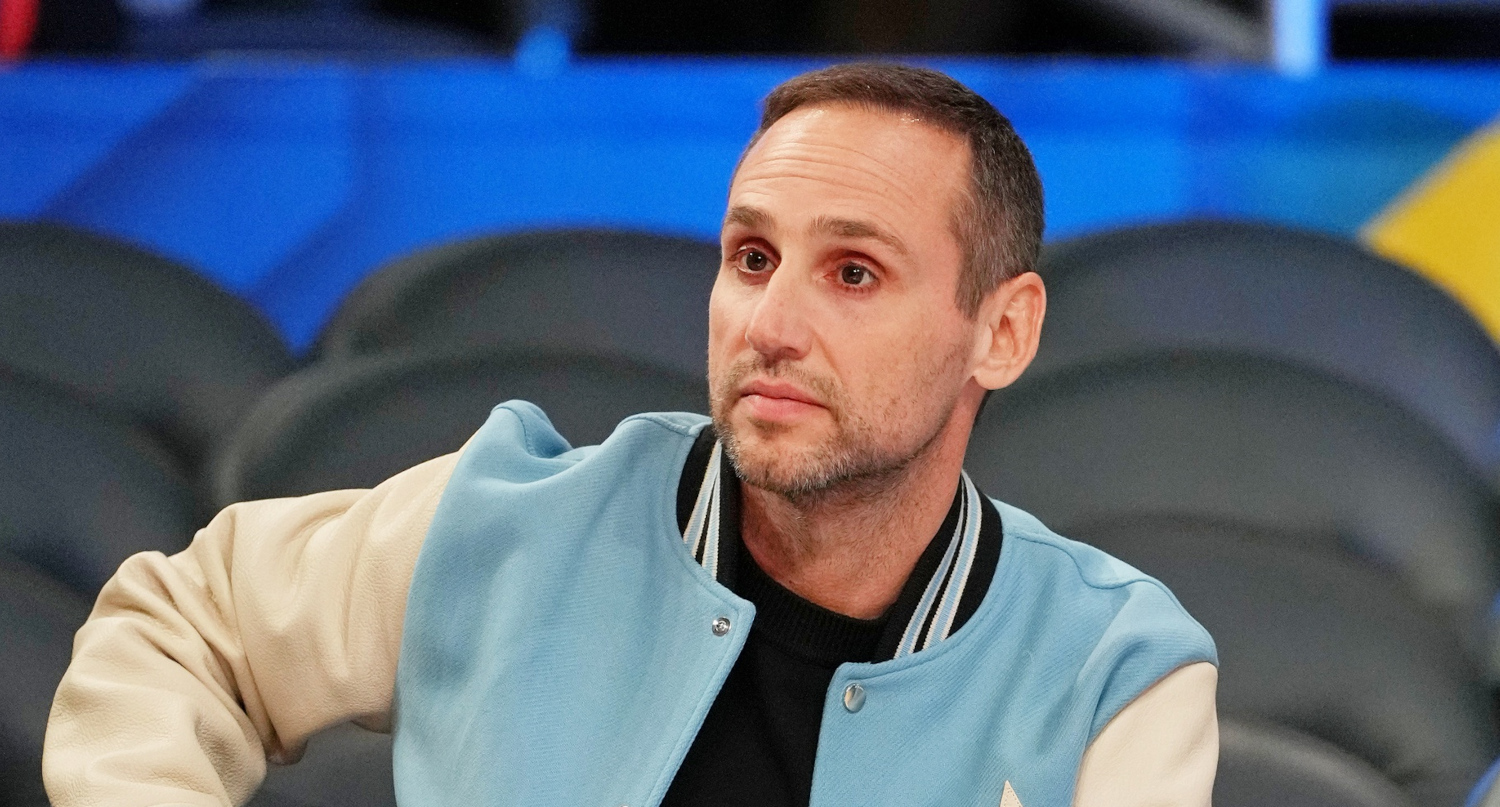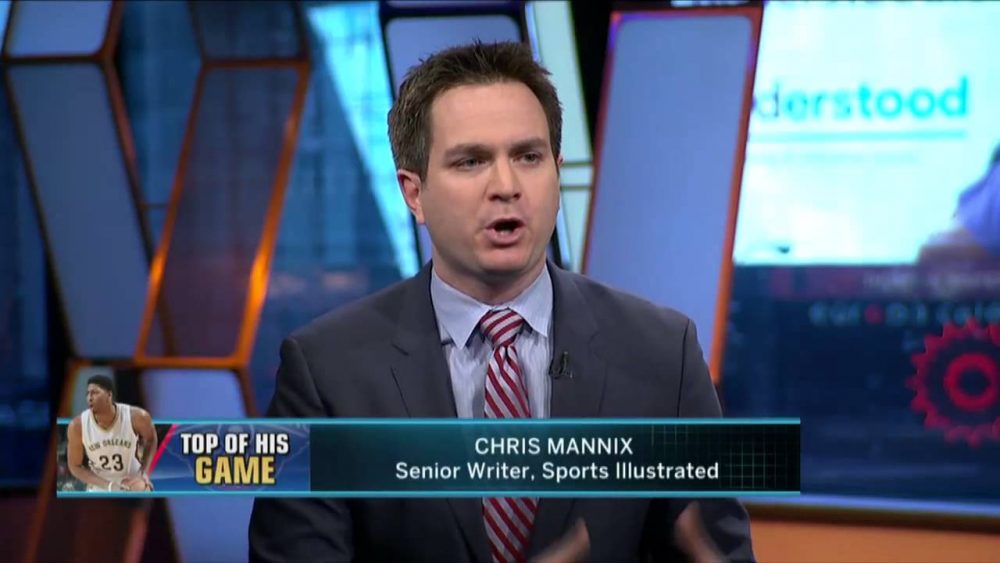While ESPN’s television programming and live sports rights affect the demand for the company’s content more than anything, the Worldwide Leader’s inconsistent approach to audio has been a question for years as well.
Today, ESPN Radio is largely ignored. Aside from Mike Greenberg, whose presence on his own show has fluctuated for years, the most recognizable name in the lineup might be Chris Canty.
In an interview on Sports Media with Richard Deitsch, ESPN Vice President of Production Amanda Gifford explained why ESPN still values both radio and podcasting.
NEW PODCAST: For those interested in how ESPN makes its decisions on which college football announcing teams are where each week, my guest @AmandaLGifford, who oversees ESPN's CFB event productions.
A massively important person for your CFB viewing.https://t.co/XDMiOMaRdk
— Richard Deitsch (@richarddeitsch) October 30, 2023
“There is no other medium that is as immediate or urgent as audio,” Gifford, who previously worked as senior coordinator producer for the audio division, explained. “If there is breaking news … there’s no other medium that on-demand can give you what you’re looking for in reaction to breaking news.
“That was something over the years that we tried to really stress to our production crews on the audio side. You need to be the place that people turn when there’s a big event.”
Despite changing audience behavior, Gifford believes the business model of radio still works. And that it can still be valuable to ESPN.
“I truly believe there is a place for live radio to exist,” she said. “It’s free. A lot of people are still in the car … and there’s just no other place that has that immediacy and urgency.”
As for podcasting, where ESPN was criticized for being late to the party, Gifford believes the popularity of ESPN’s personalities can translate to that space. She said the worldwide leader wants to dominate in radio and podcasting as well as digital video on YouTube.
“Yes you’re promoting your live, but you’re also promoting your podcasts because let’s face it, habits change,” Gifford explained. “And people can’t necessarily listen to a live show at 7:30 every morning, but maybe they like the personalities.”
ESPN recently hired Good Karma to manage audio sales. Before that, the same team managed both radio and podcast sales for ESPN. The company appears to have changed its approach now.
“In the sales marketplace, it’s different for live audio versus on-demand audio,” Gifford said. “There’s still some catch-up in the on-demand space … it’s really how are you breaking through, how are you forming those relationships with the audience?”
As with everything with ESPN, the content has to be polished and come from experienced personalities. That, along with ad strategy issues, seems to have held the company back. Local sports radio is still lucrative, as are the top podcasts in any given space.
With the problems ESPN has had keeping talent and strategy consistent, they may not be among the companies in line to dominate audio anymore. But that doesn’t mean they aren’t still committed to it.
[Sports Media with Richard Deitsch]







